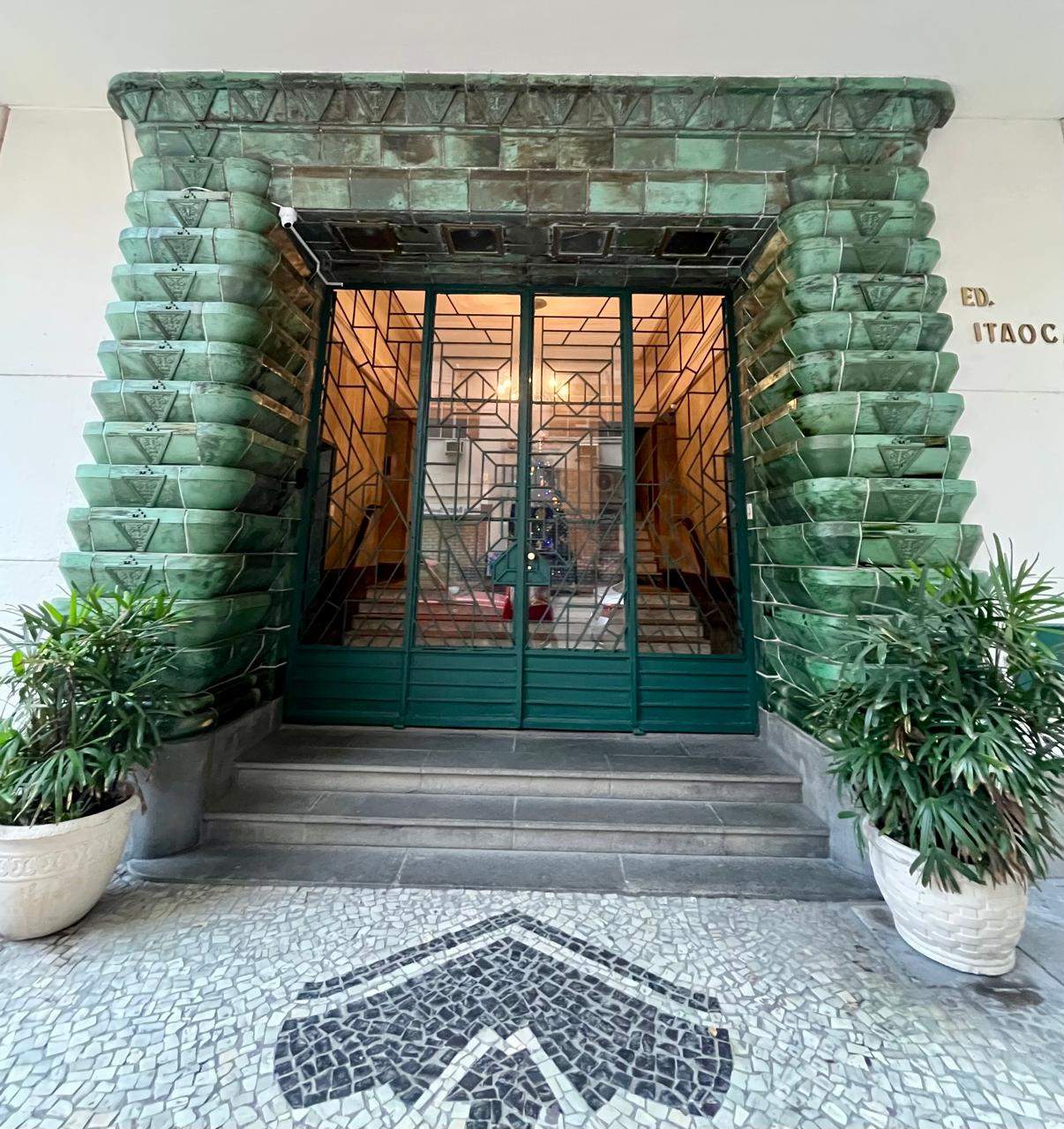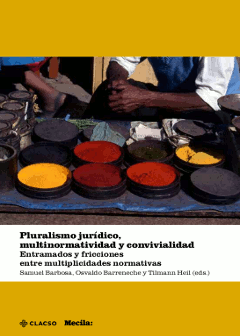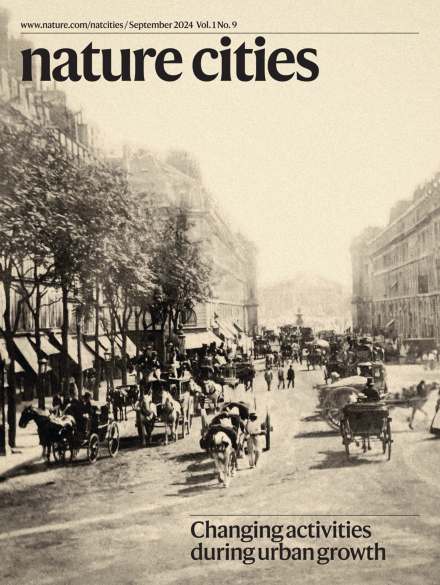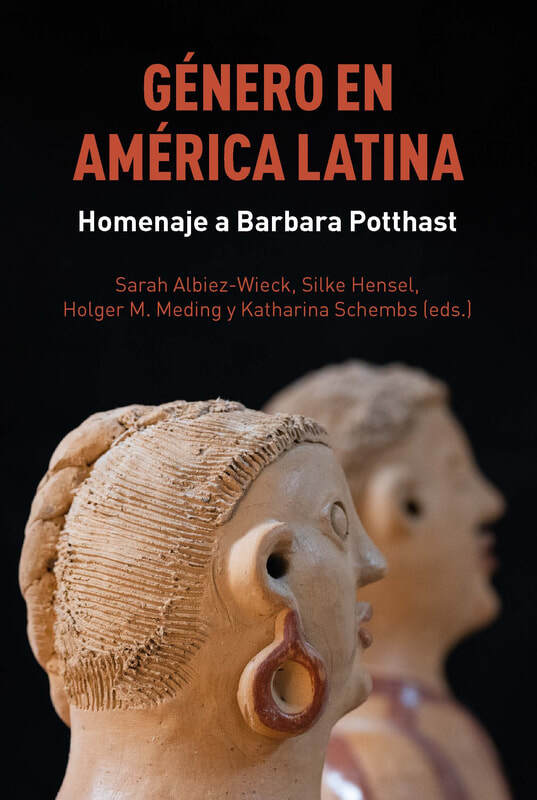The German academic world is sometimes particular, despite having some resemblance in other parts of the world, for example, São Paulo. After your doctorate, you continue on precarious contracts - other than the few who pass directly onto Junior professorships - and start preparing a second project. It needs to be distinct from your doctoral research. In Anthropology, this refers to both regional and thematic/conceptual expertise.
While in the midst of writing my second book, my colleagues at Cologne University convinced me last year that this further seal of academic excellence and loyalty to a peer group would not do harm. I embarked on submitting 6 peer-reviewed, article-length text that show an internal coherence, wrote a long introduction on
Assembling Social Hierarchies, submitted all to the faculty and four reviewers, received positive verdicts. The faculty followed the recommendation of the reviewers and invited me to submit yet another three different topics for my oral habilitation colloquium, open to the faculty and with the necessary participation of 24 full and associate professors.
I had the pleasure to present a new research idea on
Urban wood/s to sixty interested and enthusiastic colleagues and students. If the faculty next Wednesday follows the unanimous recommendation to also accept that oral habilitation exam, I will have reached what they call the end of the ladder. Done.
An inaugural lecture will follow, and hopefully soon the second book as well.



